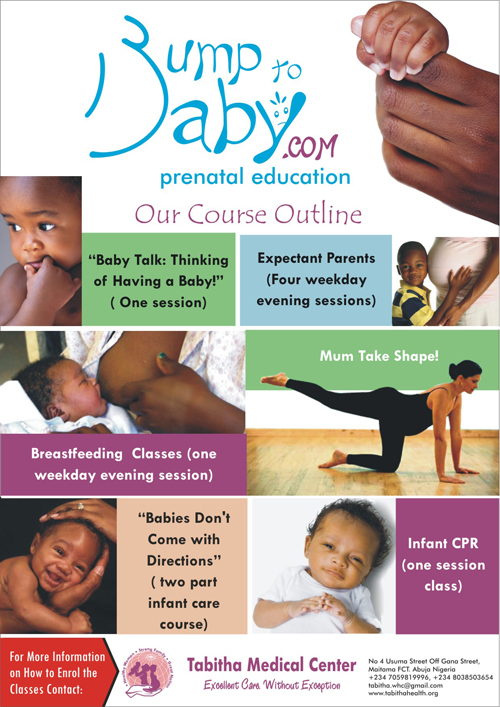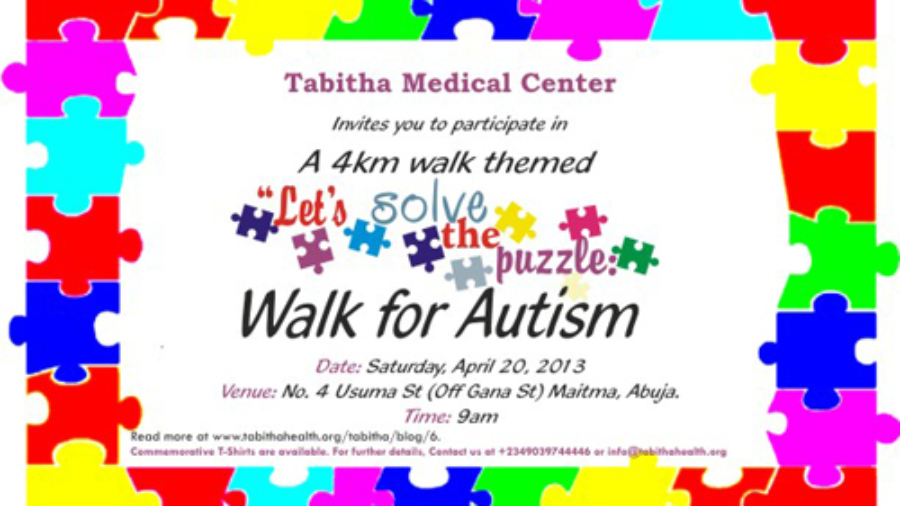by Tabitha Medical Center on May 27, 2013
At the PTA meeting at my son’s school I overheard a conversation between two mothers and the statement Mrs. Ola made is one that echoes in the mind of every parent; “I want my child to be successful”.
I believe that children are the legacy that speaks volumes about who we are and what we stand for. Their success not just in their academics but their physical, emotional, social even financial aspects of their lives whether at present or the future cannot be overemphasized.
The to-do list for how to raise successful children is endless and at some point as parents we may feel overwhelmed or exasperated about what choices we should make in terms of their education, their care-givers, their recreational activities etc that we may often forget that regular well-child checkups are one of the most important ways to give your child a healthy start and ensure success. A healthy child has a better chance at being a successful child.
A well-child checkup is simply a visit to a child’s doctor when the child is not sick. Well-child checkups are important because a healthy start during the formative years affects a child’s entire life. Children undergo substantial changes in cognitive abilities, physical growth, motor skills, hand-eye coordination, and social and emotional growth during their early years of life and as such their development needs to be carefully monitored and assessed.
Furthermore, a well-child visit is also a chance to raise questions and concerns about your child’s development, behavior, and general well-being questions that are difficult to discuss during sick visits. For instance, pediatricians are used to discussing common concerns with parents such as eating, sleeping, toilet training, social behaviors, as well as attention and learning difficulties.
Like Mrs. Ola; I want my son to be successful so I will make his health and wellbeing a priority and take him regularly for his well-child visits.
Happy Children’s Day!








